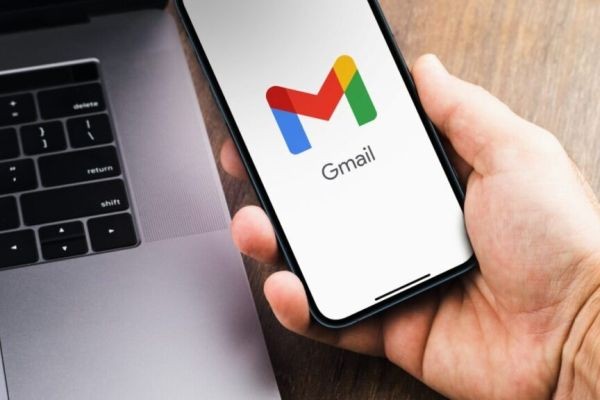Updated April 10 – A newly discovered cyberattack method is now putting email security under fresh scrutiny. The attack highlights a growing concern: current email systems—including Gmail, Outlook, and Apple Mail—are struggling to keep up with the rise of AI-driven cyber threats.
According to security experts at Symantec, Cofense, and Hoxhunt, artificial intelligence has taken phishing to the next level. These AI tools can now create and launch highly targeted attacks that are more effective than anything human hackers have achieved. Hoxhunt even warns that AI-powered phishing campaigns are now outpacing top-tier human “red teams,” making personalized phishing scams the new norm.
While Google and Microsoft claim to block over 99% of phishing, malware, and spam emails, attackers still manage to sneak millions of malicious messages into inboxes. And AI is only making this worse. Even the CAPTCHA-style verification systems meant to protect users are now being turned against them.
Smarter Phishing: A New Threat Emerges
Cofense recently revealed a dangerous new phishing technique called "Precision-Validated Phishing." This method uses real-time email verification to ensure only high-value targets see the attack, increasing its effectiveness and making it harder to detect or block.
This threat underscores the need for a complete overhaul of how email works. Rather than continue layering on security patches, some experts argue for a more fundamental shift—email systems should evolve to resemble the fast, secure, and privacy-centric messaging platforms many people already prefer.
Google’s Response: Encryption and AI Search
In response to growing privacy concerns, Google recently announced it is rolling out end-to-end encryption (E2EE) for Gmail users in organizations using Google Workspace. While this is a step forward for enterprise security, it’s not true E2EE. Critics, including Ars Technica, point out that the encryption keys are still controlled by the client infrastructure—not the sender and recipient directly.
This means the new encryption is more about regulatory compliance than giving users full privacy control. Consumers looking for true E2EE, like what Proton Mail offers, still won’t find it in Gmail.
Around the same time, Google introduced a new AI-powered search feature in Gmail. It uses factors like recency, click history, and frequent contacts to help users find messages faster. But here’s the catch: AI search and end-to-end encryption don’t work together. Gmail can’t search encrypted emails because it can’t read them—by design.
So users now face a choice: prioritize privacy and encryption, or convenience and AI features—you can’t have both.
Why This Matters: The Bigger Picture
The disconnect between these two major updates highlights a deeper problem: email is a legacy communication platform that wasn’t built for today’s AI-driven, privacy-conscious world. While platforms like RCS (used by Android) and Meta’s messaging apps are moving toward interoperable E2EE, email remains stuck in a structure that struggles to support these modern expectations.
This explains why more and more communication—both personal and business—is shifting from email to secure messaging platforms.
A Warning for the Future
The latest security concerns don’t end with AI. Cofense warns that phishing attacks are getting smarter by using real-time email validation. These attacks only engage with legitimate, verified email addresses—bypassing traditional defenses like dummy credentials used by cybersecurity teams to trap hackers.
Instead of blasting out fake login pages to everyone, these new phishing sites only display malicious content after confirming the email address is active and valuable. If not, they redirect to harmless pages, making detection nearly impossible.
Combined with rising AI-based threats, these new tactics reinforce the urgent need for a ground-up rethinking of how email platforms are built and secured.








